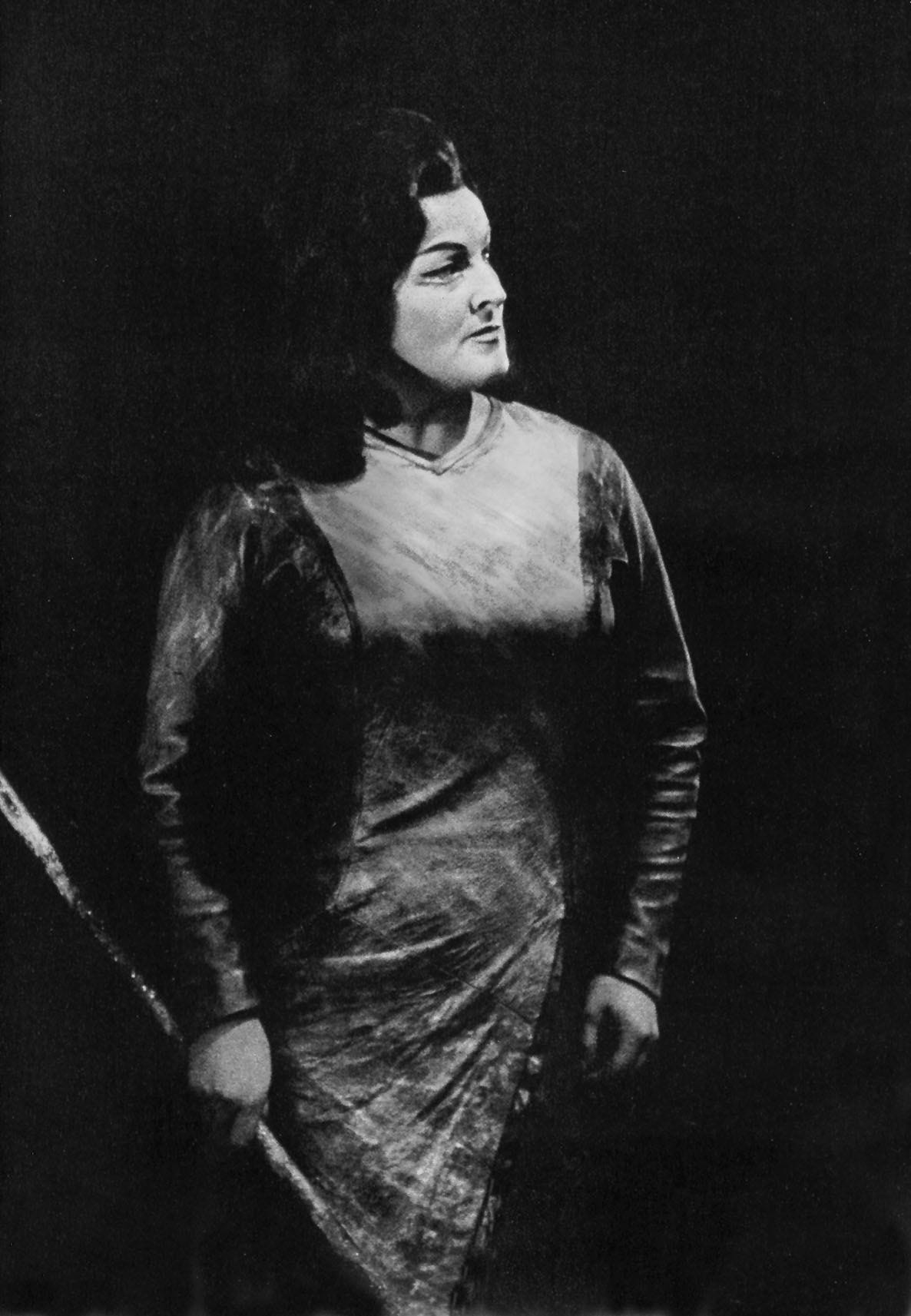In your book "La Nilsson. Mein Leben für die Oper" you write that Wieland Wagner said, "La Nilsson was famous even before she became great." Was he right saying this?
I became greater through working with him. I am very grateful to have been able to work with him. But indeed I had to wait more than nine years after our first acquaintance before he inv…
Keep reading with a 7-day free trial
Subscribe to Leidmotief | Leitmotif to keep reading this post and get 7 days of free access to the full post archives.




